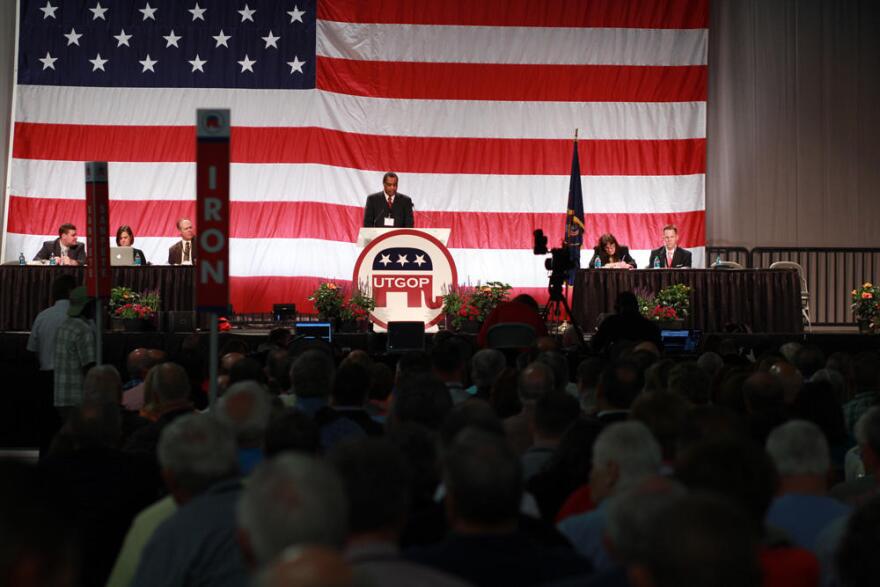The Utah Republican Party is in hot water with its national counterpart over the state’s presidential primary election. The Republican National Committee is asking Utah to change the date of its 2016 Republican primary. Utah’s registered Republicans are set to decide on their nominee on June 28th of that year. However, because its national convention will be held earlier than normal next year, the GOP has decided that states must hold their primaries before the second Saturday in June of 2016.
Failure by the state party to comply with national GOP rules could mean that some of Utah’s delegates to the national convention could be forced to forfeit their votes. Utah’s strong Republican support means the national GOP could have fewer qualms about giving penalties, said Dr. Michael Smith, professor of political science at Emporia State University.
“Now, Utah is one of the most Republican states in America. That wouldn’t be a big risk with Utah, which actually might make Utah more vulnerable to some of these kinds of penalties,” he said. “If it were Ohio, the party might not want to risk making their party base back there mad but in Utah they might be a bit bolder because the odds of voting for a Democrat there are so small.”
An alternative plan, introduced by state Rep. Kraig Powell (Republican, 54th District) in 2013, would hold the state primary in February. Such a plan would also violate national party rules. Only Iowa, New Hampshire, Nevada, and South Carolina may hold February primaries. Both the Republican and Democratic Parties have been in a tug-of-war with the states in recent decades over primary schedules, Smith said.
“This has been an issue for some time. Since, I think, the late 1990’s,” he said. “The parties will try to control the process in terms of the order that the states vote to keep all the states from trying to bunch up at the beginning of the calendar. Each individual state really would like to vote early because they don’t want to be irrelevant.”
State GOP Chairman, James Evans announced Friday that the party would look into holding a caucus instead of a primary election.


